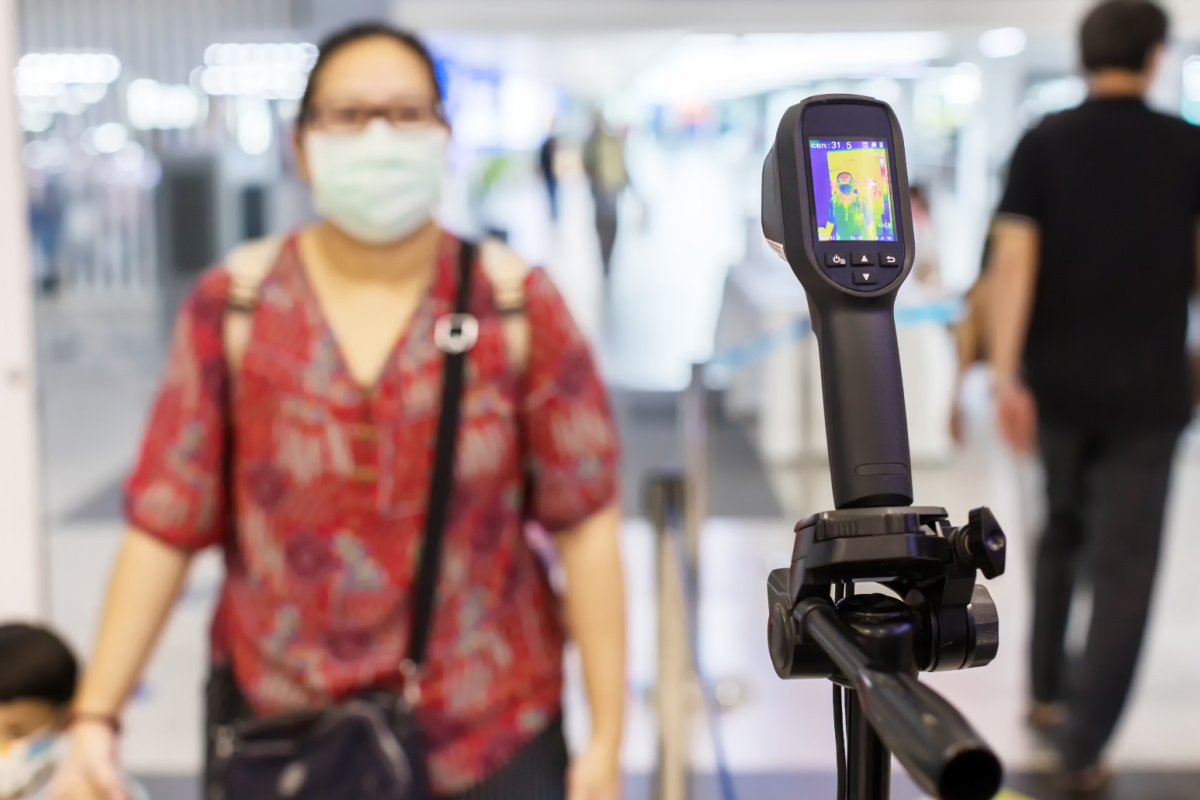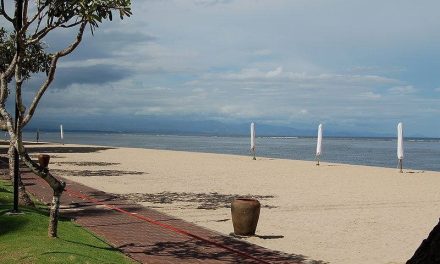As we continue to navigate our way through a world recovering from global health crises, new health screening measures are being implemented at Bali’s I Gusti Ngurah Rai International Airport. This is a proactive step to address concerns about the Human Metapneumovirus (HMPV) as tourist arrivals ramp up.

Understanding HMPV: What You Need to Know
Now, you might be wondering—what exactly is HMPV? Well, it’s a respiratory virus that typically causes mild symptoms, akin to the common cold. Thankfully, it is not fatal, which is a relief for travelers who want to explore the beauty of Bali without fear.
New Screening Measures at Bali Airport
Bali Airport is stepping up its game with the installation of thermal scanners located in the international terminal. Ahmad Syaugi Shahab, the General Manager of I Gusti Ngurah Rai International Airport, emphasized the importance of these measures in ensuring safety as travelers make their way into the island. I remember the first time I arrived in Bali, feeling that rush of excitement. Knowing that the airport is now putting extra precautions in place adds a layer of comfort for me as a traveler.
Shahab explained, “We have installed three thermal scanner units—two at the international arrival terminal and one at the domestic arrival terminal. We’re working closely with the Health Quarantine Center (BBKK) to manage any potential suspect cases. If we detect anyone displaying symptoms, they will be referred to BBKK for immediate evaluation and, if necessary, isolation.”
Learning from Past Experiences
The airport’s authorities are also taking cues from their experiences during the COVID-19 pandemic. Cecep Kurniawan, the Head of the Airport Authority (Otban) for Bali, remarked that the pandemic taught them valuable lessons on responding to the spread of infectious diseases. I can personally recall the tension of traveling during those uncertain times, and knowing that steps are being taken now can ease the minds of many travelers.
Kurniawan stated, “We’ve made initial preparations based on the lessons from COVID-19 and Mpox. Surveillance equipment, including thermal scanners, has been installed to help us respond effectively. God willing, we hope that this won’t have a significant impact on our economy.”
Strict Health Protocols in Place
Gede Eka Sandi Asmadi, Head of the Communication and Legal Division at the airport, highlighted that in addition to the thermal scanning units, strict health protocols are ready for potential cases. To put travelers at ease, he reassures that if any passengers are flagged, they will receive further medical evaluation.
He shared, “We urge everyone to avoid unnecessary panic and encourage the maintenance of general health practices.” This resonates with me, as I always prioritize my well-being while exploring new places—after all, no one wants to face unexpected health issues on vacation!
What Tourists Should Keep in Mind
Dr. I Nyoman Gde Anom, the Head of the Bali Health Office, has urged both locals and visitors not to overreact to the news of a rise in global HMPV cases. He points out that this virus has been around for a while but hasn’t previously surfaced in Bali.
“It’s crucial for everyone, especially tourists, to stick to proper health protocols for colds and flu if you start feeling unwell,” Dr. Anom advised. I remember once being caught off guard by a cold while traveling. It reinforced my belief in always having a stock of masks and sanitizers handy!
He added, “While we don’t mandate mask-wearing, it’s a smart practice to wear one in crowded places or when you’re feeling unwell.” This suggestion is not just practical; it’s essential to maintain the health and safety of everyone in the community.
Prepare Before You Travel
In addition to being mindful of health suggestions, travelers must download the SATUSEHAT Health Pass app before arriving in Bali—a practice that has been in place since reopening post-COVID. Although airport staff may not always check the app, it’s better to be prepared. With increased health protocols in effect, particularly for those coming from areas where HMPV has been identified, being proactive is key.
As we plan our travels, let’s keep these insights in mind to ensure a safe and enjoyable journey. Stay healthy and happy travels!






